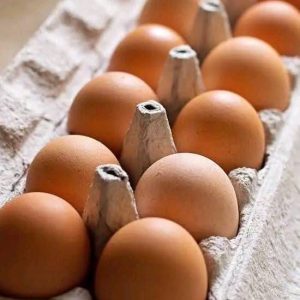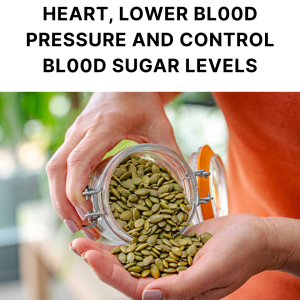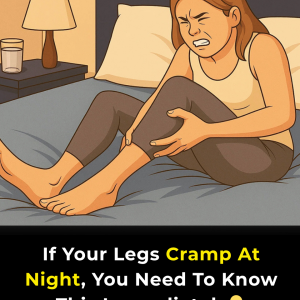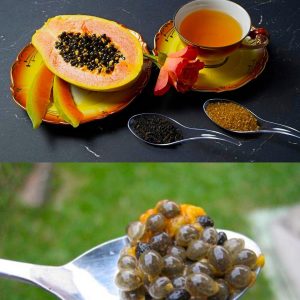
Reaching your 40s often means shifts in energy, metabolism, and health priorities—but it’s also the start of a crucial stage for protecting your heart and brain. One condition to be especially aware of is the mini stroke, or transient ischemic attack (TIA).
While TIAs can occur at any age, the likelihood rises sharply after 40, particularly if certain health or lifestyle risks are present. Though TIAs don’t cause lasting brain damage, they are a serious red flag that a major stroke could follow.
What Exactly Is a TIA?
A transient ischemic attack happens when blood flow to the brain is temporarily blocked, often by a small clot or a narrowed artery. The symptoms mimic those of a stroke but typically disappear within minutes to hours without causing permanent harm.
Still, the danger is real—about one-third of TIA patients experience a full stroke, sometimes just weeks or months later.

Risk Factors in Your 40s
Once you reach this decade, both aging and lifestyle habits can increase your risk for vascular issues. Common factors include:
• High blood pressure (often undetected)
• Elevated cholesterol
• Diabetes or prediabetes
• Smoking or vaping
• Lack of physical activity
• Excess weight or obesity
• Chronic stress and poor sleep
• Atrial fibrillation (irregular heartbeat, more common with age)
• Family history of stroke or heart disease
These risks can be present even if you feel healthy.

Warning Signs to Watch For
TIA symptoms can last from a few minutes to a couple of hours:
• Sudden weakness or numbness, especially on one side of the body
• Slurred speech or trouble understanding speech
• Blurred or double vision
• Dizziness, loss of balance, or difficulty walking
• Sudden severe headache (less common)
Even if these symptoms disappear quickly, treat them as an emergency. Call for immediate medical help—every minute counts.
How TIAs Are Diagnosed
If you’re over 40 and have these symptoms—even briefly—doctors may order:
• MRI or CT scan to detect possible stroke signs
• Blood tests to check cholesterol, blood sugar, and clotting function
• Heart rhythm monitoring (ECG or Holter) for arrhythmias
• Carotid ultrasound to detect narrowed arteries

Prevention Starts Now
Your 40s are an ideal time to focus on prevention. Following a TIA, treatment might include:
1. Medications
• Blood thinners like aspirin
• Statins to lower cholesterol
• Blood pressure medications
• Diabetes management drugs
2. Lifestyle Changes
• Follow a heart-healthy diet such as the Mediterranean or DASH plan
• Get at least 30 minutes of physical activity most days
• Stop smoking and limit alcohol
• Reduce stress and prioritize sleep
3. Ongoing Monitoring
• Regular check-ups for blood pressure, cholesterol, and glucose
• Watch for signs of atrial fibrillation as you age

A Real-Life Reminder
A 45-year-old woman suddenly struggles to speak and feels weakness in her arm. The episode lasts only 10 minutes. She almost dismisses it but decides to get checked at the ER. Tests reveal she had a TIA, along with undiagnosed high blood pressure and cholesterol. Early treatment likely prevented a future stroke.
Your 40s are a period of change—in career, personal life, and health. A mini stroke isn’t just a strange incident—it’s your brain’s way of signaling that your blood vessels are under stress. The upside? With awareness, timely medical attention, and healthy lifestyle choices, you can protect your brain and keep thriving for decades to come.




